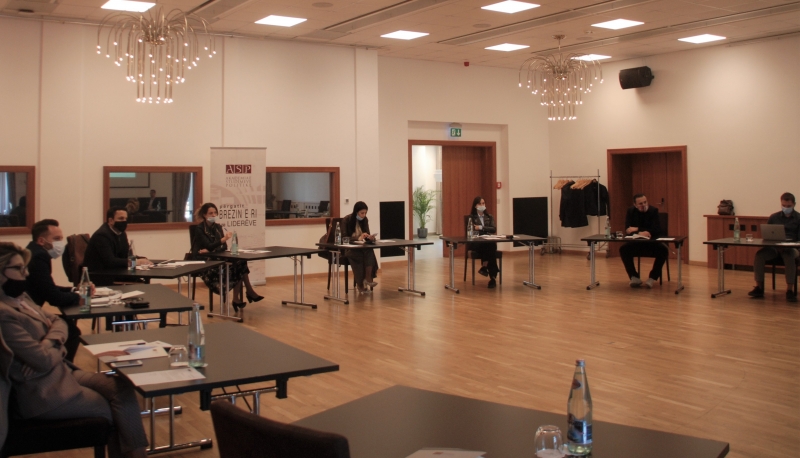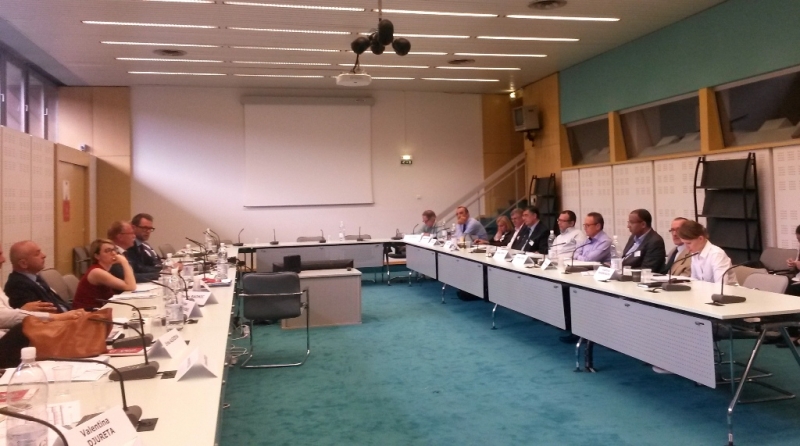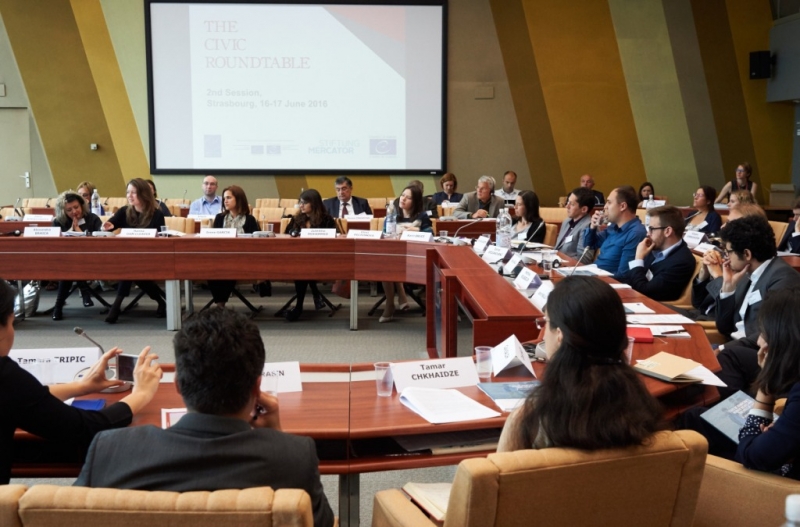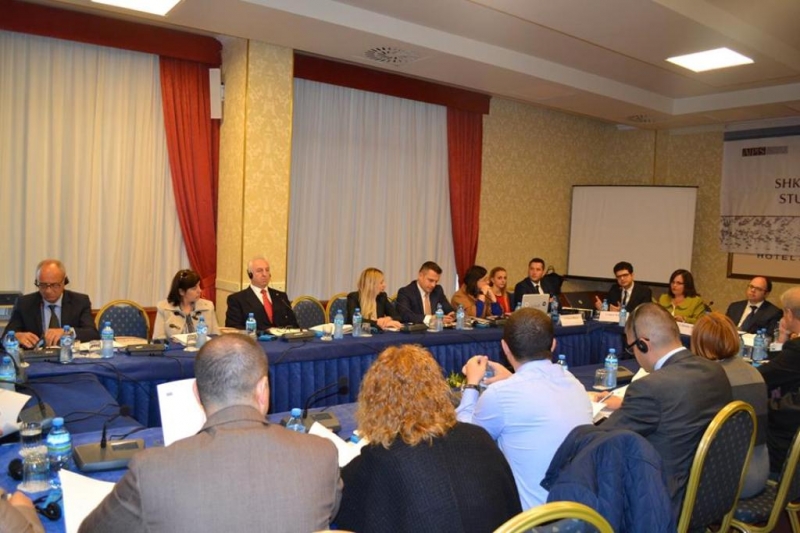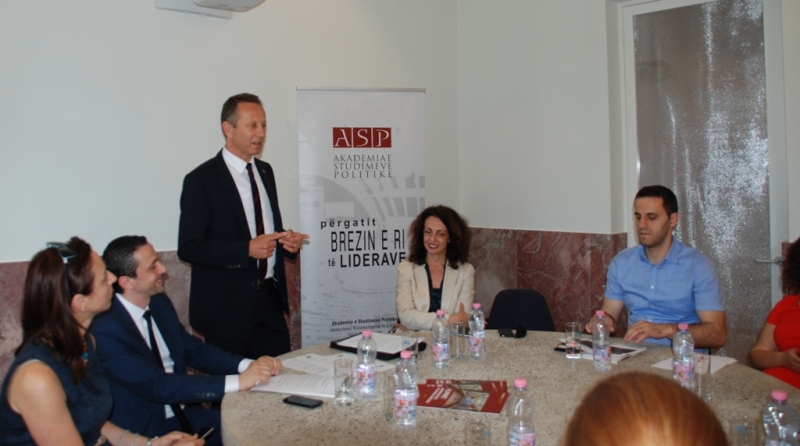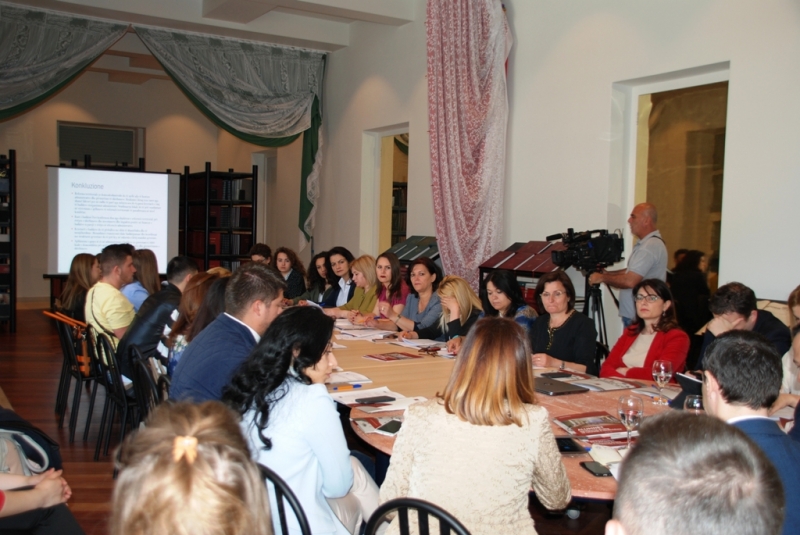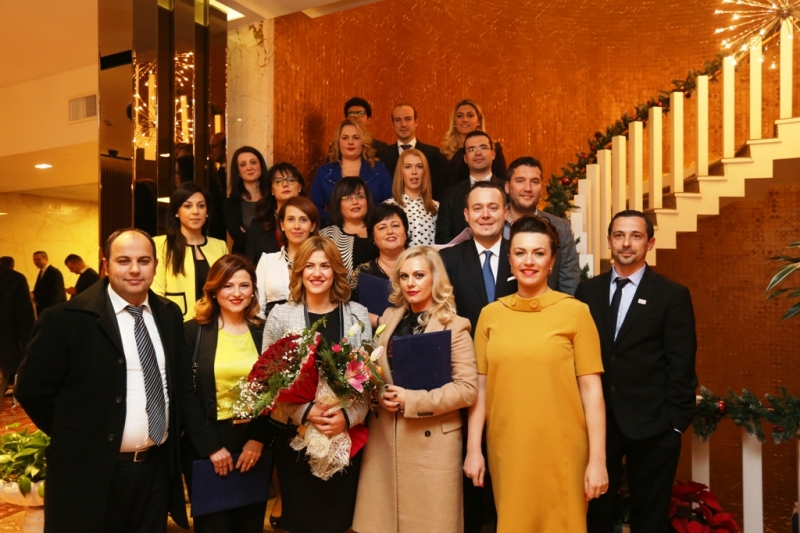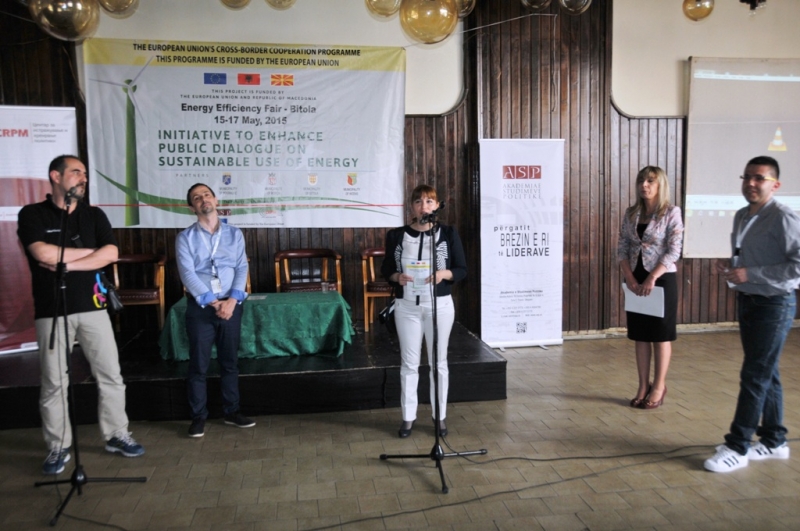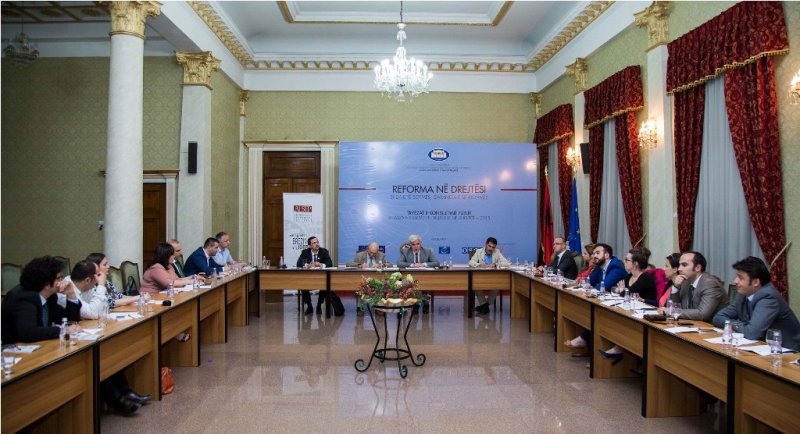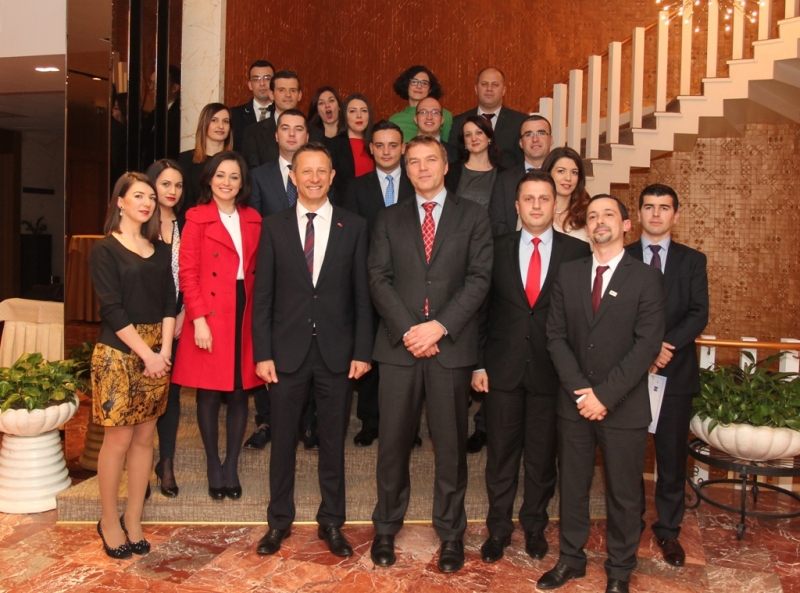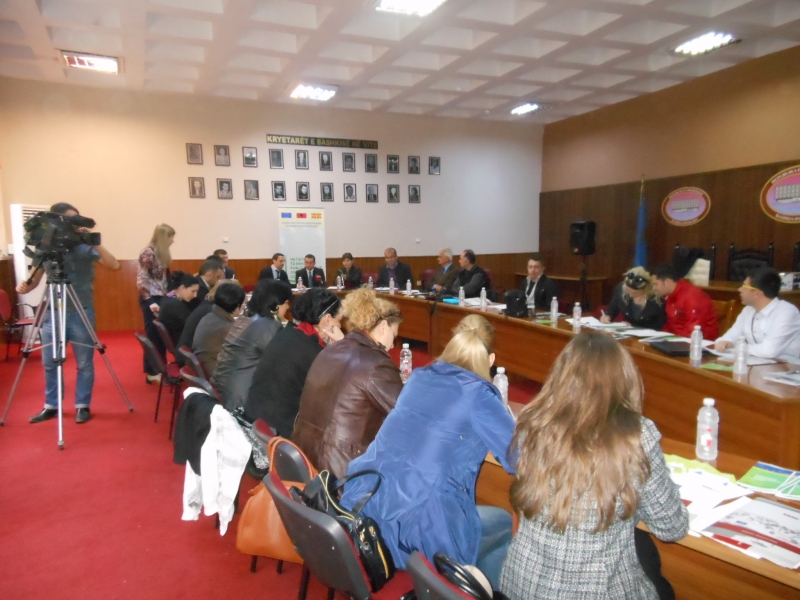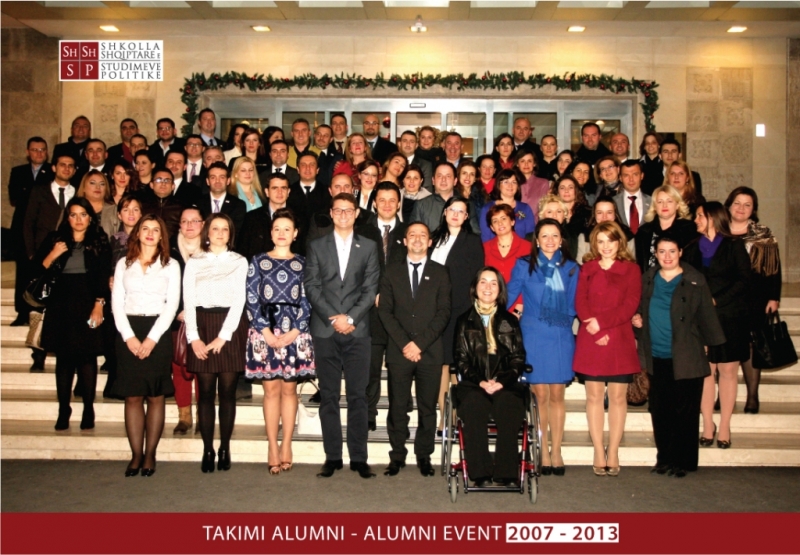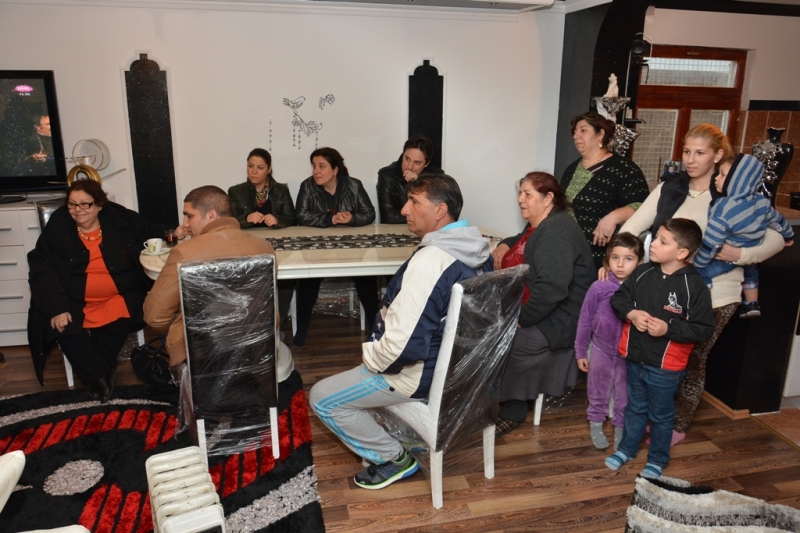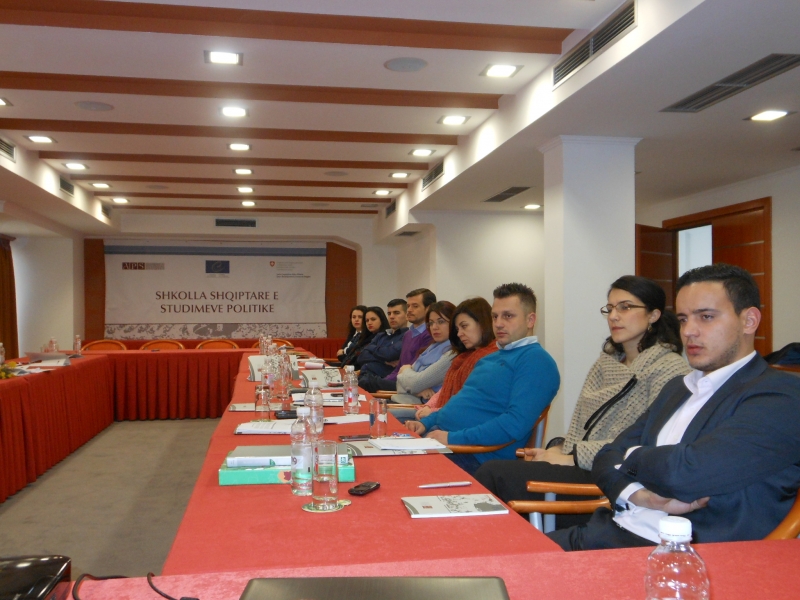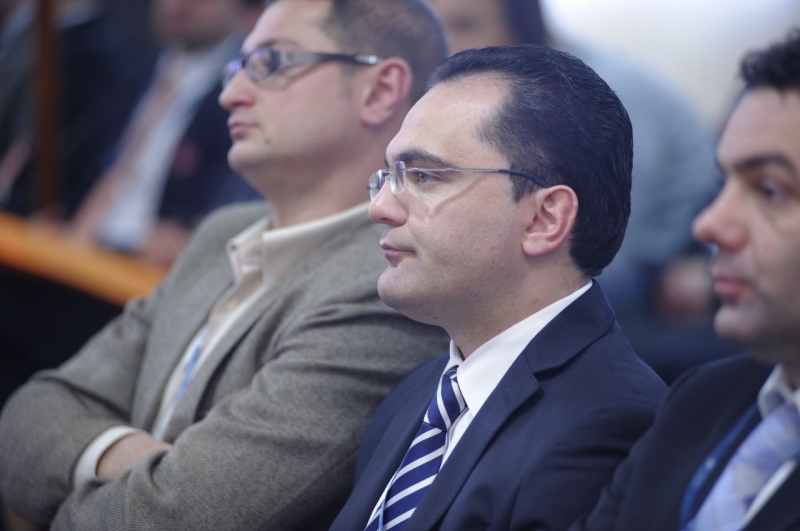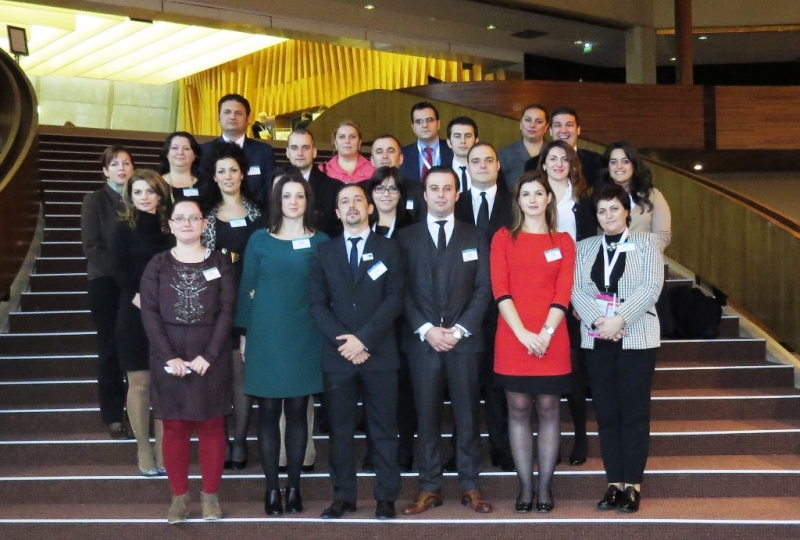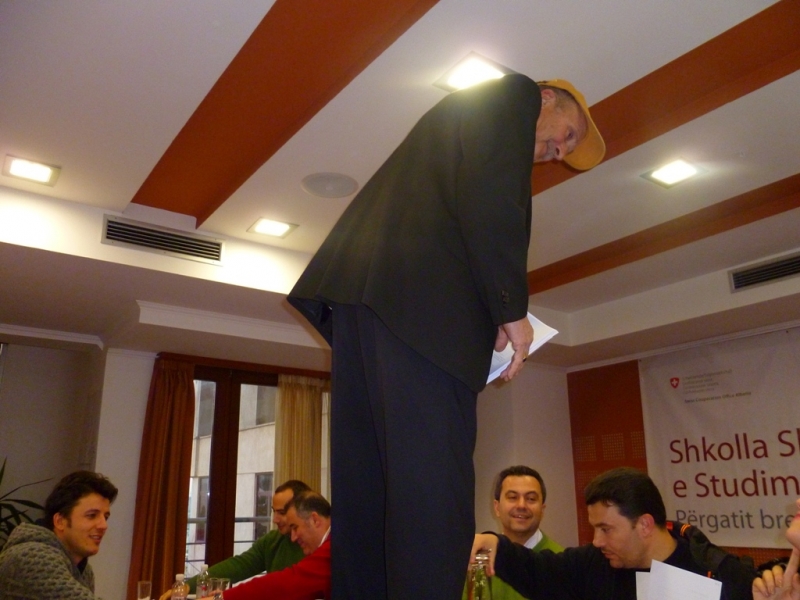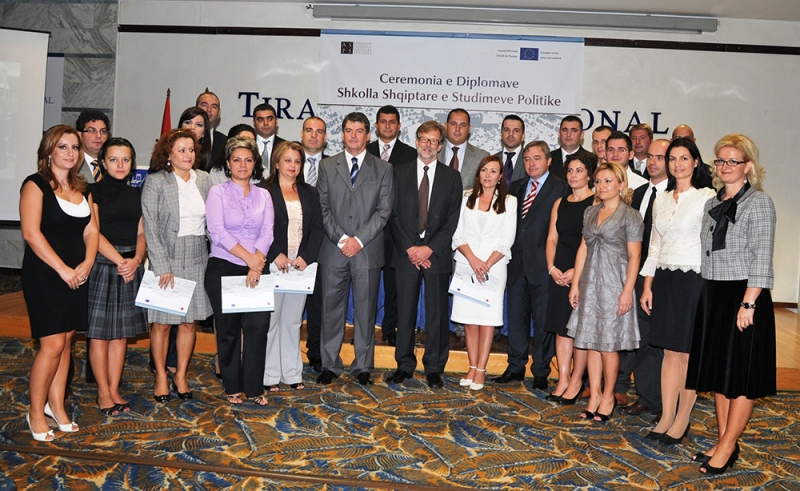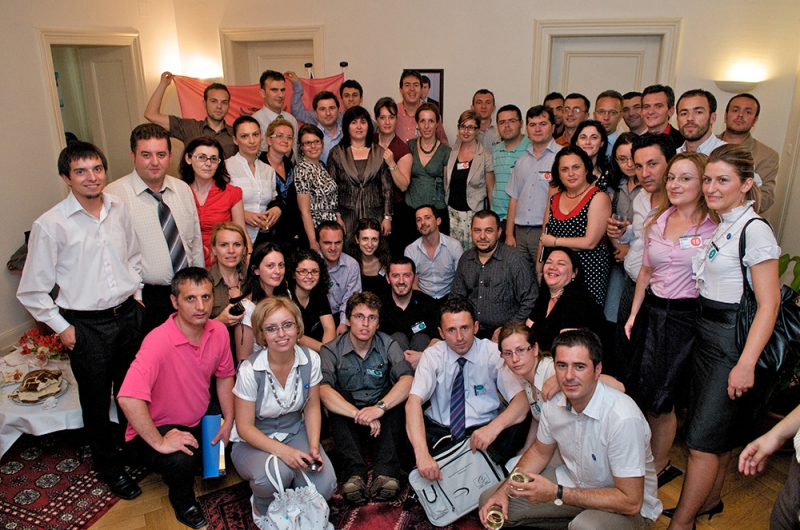Friday, April 27, 2018
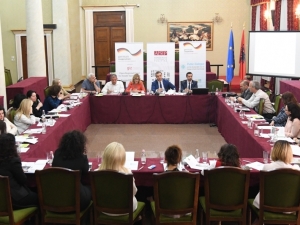
An informative seminar was organized on Friday in the Albanian Parliament, with the subject: “The role of the Members of Parliament in drafting and monitoring energy efficiency policies and climate issues”. Over 25 MPs and staff of parliamentary committees (legal experts, advisers of parliamentary groups, etc) participated at this training and a related study visit. The activity aimed at fostering the capacities of parliamentarians to shape the political decision making process in the field of climate-relevant topics.
The director of the Academy of Political Studies, Erjon Tase, stressed the fact that both energy efficiency and climate protection agendas in Albania reflect lack of information and awareness of decision makers, which creates a weakness on the responsibility of the parliamentarians about the legislation and the adequate pressure for the central and local institutions. "This project funded by the German government, has started the dialogue with various actors to emphasize that energy directives are not just issues of one Ministry or restricted only to experts. Albania’s integration processes are already linked not only to the political dialogue, "Vetting" or fight against corruption, but also to the implementation of energy directives, which are related to economic development," said Tase.
Meanwhile, the Chairman of the Committee on Productive Activities, Trade and Environment, Eduard Shalsi, said that Albania has advanced positively in the transposition of Acquis in Energy sector and can be considered part of the European Union.
“Albania is already a member of the European Union related to the energy sector. We are ratifying laws and complying with the EU legislation. It is a typical example of a legislative approximation, but above all of a co-operation. EU cannot function from the energy standpoint unless it is connected to the Western Balkans," added Shalsi.
The presentations by the director of the National Agency of Energy Efficiency, Entela Cipa and other experts underlined the challenges for the implementation of the legislation in both sectors. The activity continued also in the format of a study visit at a renewable energy production facility, (company EuroElektra), where the MPs were informed about the practical consequences as result of the delay of legislation and other regulations on this sector..
The seminar was organized by the Academy of Political Studies in cooperation with the Albanian Parliament, under the support of the German government through the German International Cooperation (GIZ) and in partnership with the Secretariat of Vienna Energy Community.













